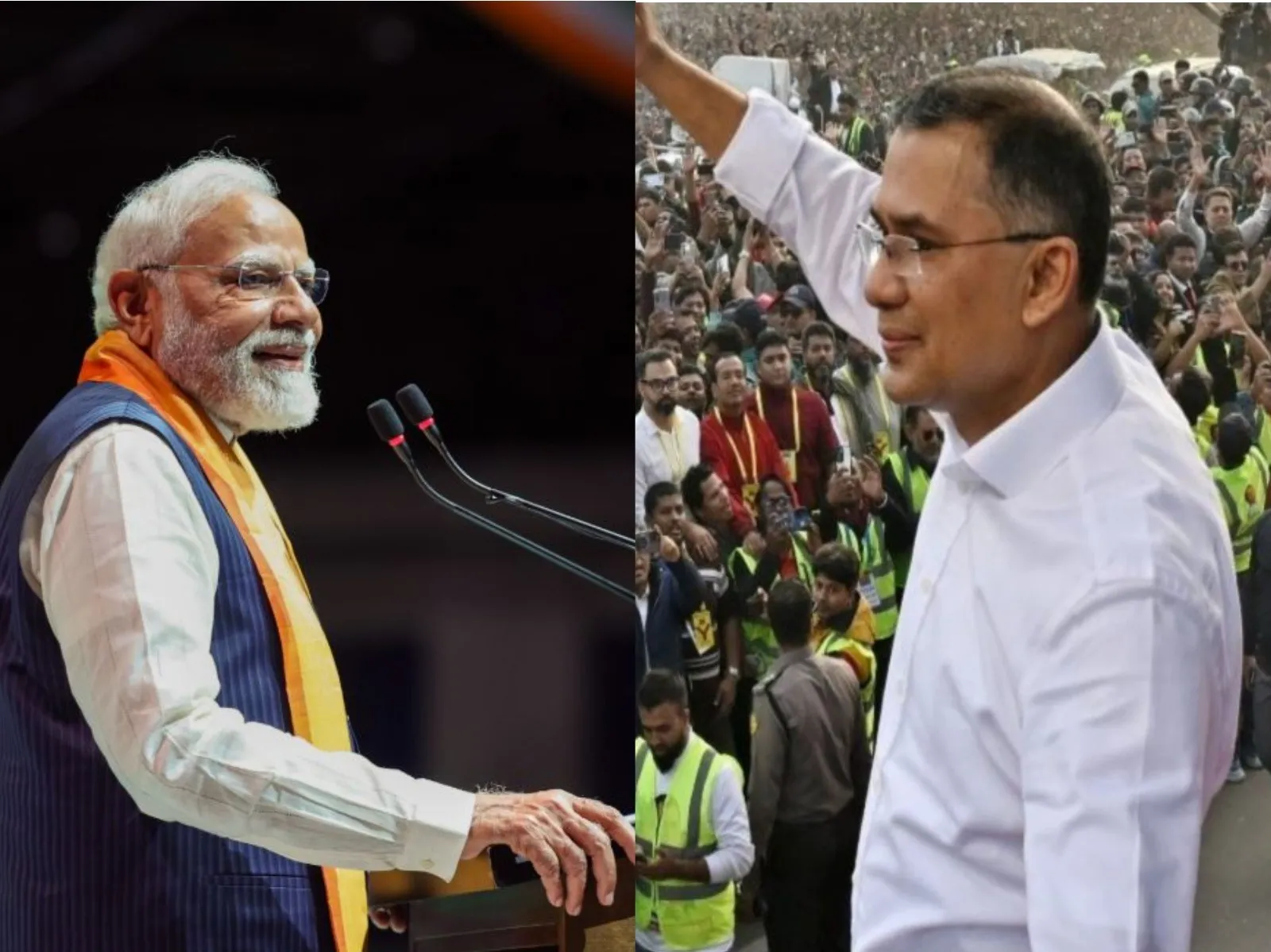

New Delhi, February 13: Prime Minister Narendra Modi on Friday congratulated Tarique Rahman after the projected results showed the Bangladesh Nationalist Party (BNP) leading to a victory in Bangladesh's 13th parliamentary elections.
PM Modi said the win reflects the trust of the Bangladeshi people in his leadership.
In a post on X, PM Modi wrote, "I convey my warm congratulations to Mr. Tarique Rahman on leading BNP to a decisive victory in the Parliamentary elections in Bangladesh. This victory shows the trust of the people of Bangladesh in your leadership."
He added that India will continue to support a democratic and progressive Bangladesh and looks forward to strengthening bilateral ties.
"India will continue to stand in support of a democratic, progressive and inclusive Bangladesh. I look forward to working with you to strengthen our multifaceted relations and advance our common development goals," Prime Minister Modi wrote.
Earlier in the day, BNP said that it is set to form the government as vote counting is underway for the 13th parliamentary elections in the country.
In a post on X, the BNP Media cell said, "The Bangladesh Nationalist Party-BNP is set to form the government after winning the majority of seats."
Local media reports indicate that the BNP is set to secure a historic win in the elections.
According to the Daily Star, vote counting has been completed in 249 constituencies, with just 50 remaining.
Of the 299 seats, the Daily Star reported that BNP and allies have secured 181 seats, while Jamaat and allies have 61 seats.
These preliminary figures suggest a significant shift in Bangladesh's political landscape.
The BNP's chairman, Tarique Rahman, has requested that the celebration of this victory be postponed out of respect for the passing of his mother, Khaleda Zia, before the election. Therefore, they have called for prayers for Khaleda Zia after the Friday congregational prayer.
Rahman has been unofficially declared elected from the Bogura-6 (Sadar) constituency after securing a decisive victory over his nearest rival, as per the Daily Star.
Bangladesh ushered in its most pivotal polls as it seeks to enter into a new chapter from the classic 'Battle of Begums' era on Thursday.
This election feels heavy after the demise of Former Prime Minister Khaleda Zia and the ban on her nemesis, Sheikh Hasina's party, the Awami League. (ANI)